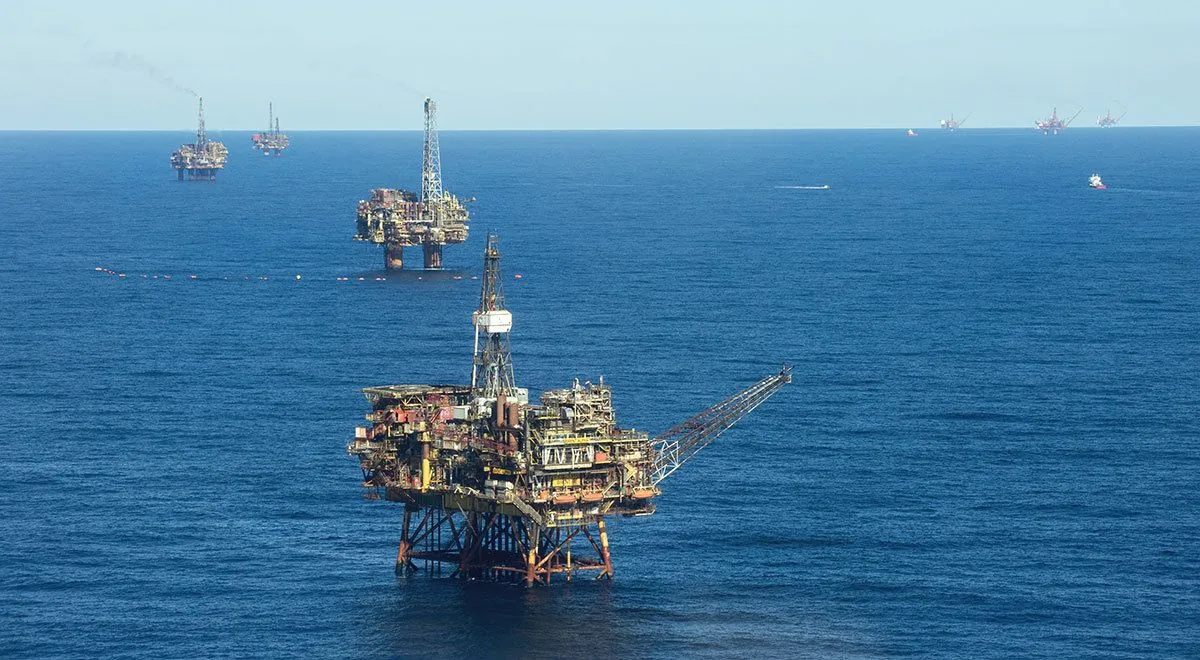Labour's Tax Plan Could Cost UK Oil Sector £13bn, Industry Warns
Analysis suggests Labour's proposed tax changes for UK oil and gas companies could significantly reduce North Sea investments. Industry body warns of potential £13bn economic value loss from 2025 to 2029.

Labour's proposed tax changes for UK oil and gas companies could lead to a substantial reduction in North Sea investments, according to a recent analysis. The industry trade body Offshore Energies UK (OEUK) has warned that these changes might result in a £13bn loss in economic value for the sector between 2025 and 2029.
The OEUK report indicates that the planned increase in the windfall tax on oil and gas profits, coupled with the removal of tax breaks, could effectively halt further investment in the North Sea. This analysis is based on data from individual assets and projects across the region, evaluating which developments would become unprofitable under the new tax regime.

Under the proposed changes, North Sea oil and gas producers would face a 78% tax on profits starting from November 2024, marking the highest rate in any UK sector. This significant increase raises concerns about the future of the industry and its ability to attract investments.
The UK's oil and gas industry has been a crucial contributor to the national economy since the discovery of North Sea oil in the 1960s. The first North Sea oil came ashore in June 1975 in Argyll, Scotland, marking the beginning of a new era for UK energy production. At its peak in 1999, UK North Sea oil production reached 2.9 million barrels per day, highlighting its importance to the country's energy security and economy.
However, recent years have seen a decline in production. In 2023, UK oil production fell to an all-time low of 34 million tonnes, an 11% decrease from the previous year. Gas production also declined by 10% to approximately 35 billion cubic meters. This downward trend is expected to continue, with about 180 of the 280 offshore fields currently producing oil and gas in UK waters projected to shut down by 2030.
The proposed tax changes come at a time when the UK is already facing challenges in meeting its energy needs. The country became a net importer of oil in 2005, after being a net exporter since 1981. By 2030, it is predicted that the UK will be producing less than 20% of its own oil and gas requirements.
David Whitehouse, OEUK chief executive, expressed concern about the potential impact of these policies on the sector's contribution to the UK economy. The industry body has criticized politicians from both Conservative and Labour governments for what they perceive as negative commentary and overtaxation of the offshore energy sector.
"The recent period of protracted and significant fiscal instability has undermined investor confidence in the UK offshore sector with projects being cancelled or deferred as the risk of investing has increased."
The UK government has set ambitious climate goals, including the target to reach net zero greenhouse gas emissions by 2050. This commitment has led to increased scrutiny of the oil and gas industry's role in the country's energy future. The concept of a "Just Transition" has been applied to the North Sea oil and gas industry, aiming to ensure a fair shift towards renewable energy for workers and communities.
In response to these concerns, a Treasury spokesman confirmed the planned increase in the windfall tax and its extension until March 31, 2030. The government has stated its commitment to maintaining a constructive dialogue with the oil and gas sector to finalize changes to the windfall tax, ensuring a phased and responsible transition for the North Sea.
As the UK navigates the complex balance between energy security, economic interests, and climate commitments, the future of the North Sea oil and gas industry remains a topic of intense debate and scrutiny.


































